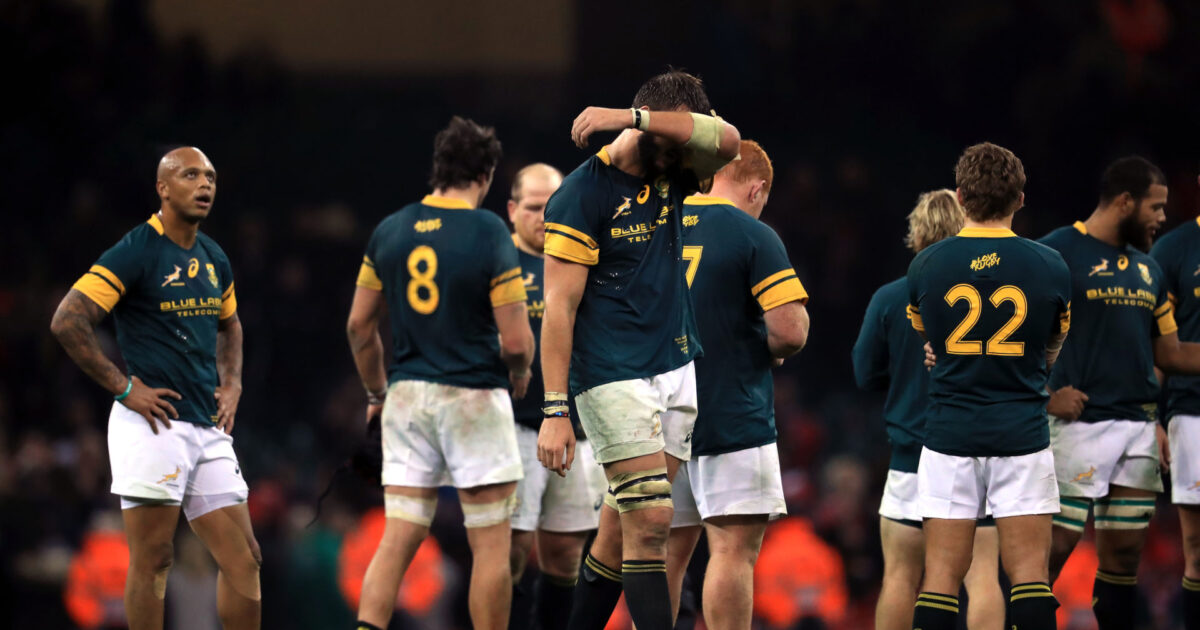'Beloved' rugby commentator dead at 38, reportedly from COVID-19

South African rugby is mourning the death of Xhosa commentator Kaunda Ntunja, who has died at the age of 38, reportedly succumbing to COVID-19.
A former South African Schools captain, Ntunja represented the Cheetahs, and was part of their 2005 Currie Cup winning side, before turning his hand to the media, most notably as a Xhosa commentator with SuperSport.
His sister Tando, who shared the news via social media, saying his family were stunned by his untimely death.
“It is with deep sadness I confirm the passing of our beloved brother Kaunda Ntunja, earlier today in East London, Eastern Cape,” Tando Ntunja wrote. “As you can imagine, we still trying to make sense of this tragic news and we ask for your love, care and discretion as we prepare to lay my big brother to rest.”
The Springboks described him as ‘one of our most-beloved rugby sons’. “We are deeply saddened at the loss of one of our most-beloved rugby sons, Kaunda Ntunja, who passed away at the age of 38 this morning. He was a true rugby pioneer – the first black African SA Schools captain, a Currie Cup winner and a groundbreaking SuperSport commentator.”
We are deeply saddened at the loss of one of our most-beloved rugby sons, Kaunda Ntunja, who passed away at the age of 38 this morning. He was a true rugby pioneer – the first black African SA Schools captain, a Currie Cup winner and a groundbreaking SuperSport commentator. pic.twitter.com/OzcfHbYgqh
— Springboks (@Springboks) July 20, 2020
The Lions Super Rugby franchise paid tribute to him, saying: “The Lions Rugby Company is very sad to learn of the tragic passing of former player and commentator Kaunda Ntunja.
“The beloved commentator gave rugby a voice in his own Xhosa mother tongue and the rugby community will be much poorer.
“His voice will be dearly missed. What a sad day to lose such a big rugby figure,” said Lions Rugby Chief Executive Officer Rudolf Straeuli.
“During his later playing days he also captained the local Lions club side Raiders Rugby Club. Our thoughts are with the Ntunja family.”
? One of the voices of rugby in South Africa has passed away.
? RIP Kaunda Ntunja.
pic.twitter.com/O4Q8emJ3Sa— PEAK (@ThePeakSA) July 20, 2020



















































